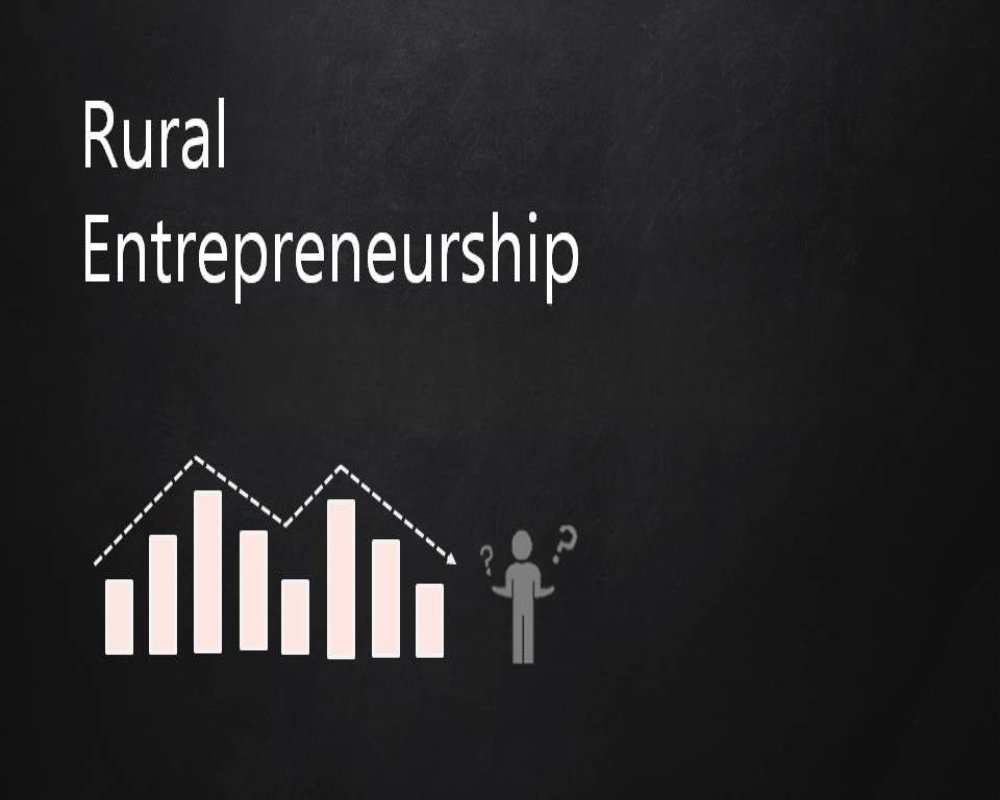Across India’s rural heartlands, the partnership firm model is emerging as a powerful enabler of grassroots entrepreneurship, offering a flexible, low-cost structure for small businesses to thrive. From agro-processing units and rural transport services to tailoring clusters and retail cooperatives, partnership firms are increasingly being used by villagers and micro-entrepreneurs to pool resources, share risk, and tap into local markets.
Rural business development agencies and self-employment schemes under programs like Startup India, PMEGP (Prime Minister’s Employment Generation Programme), and DAY-NRLM (National Rural Livelihoods Mission) are actively encouraging aspiring entrepreneurs to register as partnership firms. The model is seen as a practical alternative to sole proprietorships and more formal company structures, especially in areas where literacy and compliance readiness remain low.
“Partnerships work well in rural settings where trust, family ties, and shared labor play a key role,” said Renu Kumari, a rural development officer in Bihar. “Women’s groups and youth collectives are forming firms to run dairy units, farm equipment rentals, and even small tech repair businesses.”
Unlike private limited companies, partnership firms require minimal documentation, lower registration costs, and fewer compliance obligations. This allows rural entrepreneurs to focus on operations and market access, without being burdened by complex legal procedures. Once registered, these firms can also access MSME benefits, bank loans, and subsidy programs.
Training programs by NGOs and district industry centers are further helping villagers understand how to create Partnership Deeds, manage accounts, and divide responsibilities effectively. In many districts, these efforts have led to successful cooperative-style ventures that generate local employment and promote self-reliance.
However, challenges such as lack of awareness, limited digital access, and the need for better grievance redressal remain. Experts recommend expanding outreach and offering localized legal support to make the partnership model even more accessible.
With the right ecosystem support, the partnership firm model is poised to become a cornerstone of rural India’s entrepreneurial resurgence—building sustainable livelihoods and promoting inclusive economic development from the ground up.


0 Comments